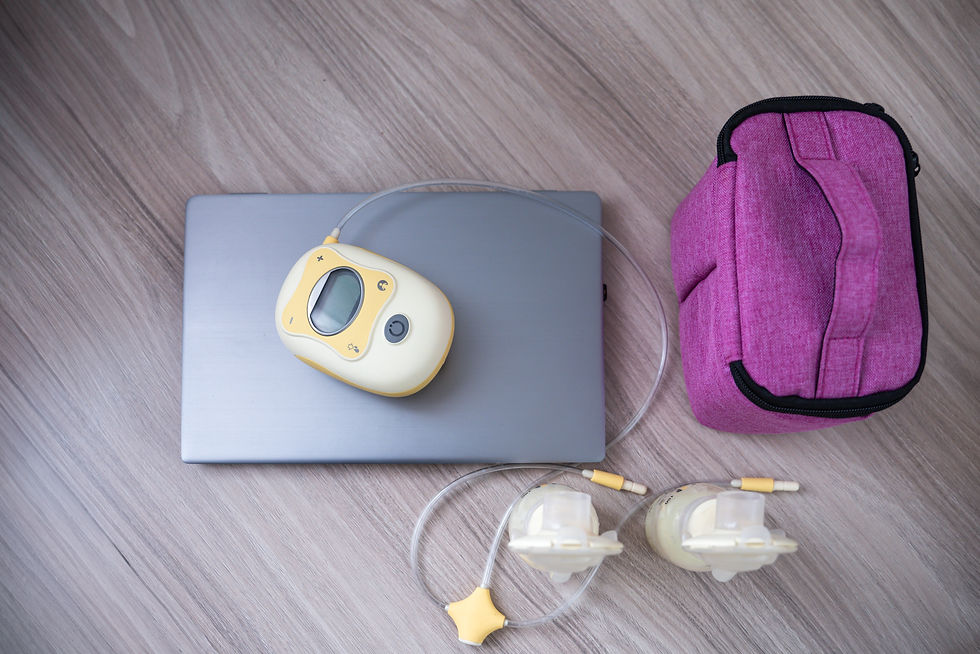NPMHU, LiUNA and AFL-CIO SUPPORT WORKERS MEMORIAL DAY AND NATIONAL DAY OF MOURNING
- l306treasurer
- Mar 30, 2022
- 3 min read
Workers Memorial Day APRIL 28, 2022 Decades of struggle by working people and our unions have improved working conditions and made jobs safer, but it has not been enough. This year we are coming together to strengthen our rights and protections to ensure everyone can come home safely at the end of a work shift—and without chronic illnesses from toxic exposures at work.
More than 50 years ago on April 28, Workers Memorial Day, the Occupational Safety and Health Act went into effect, promising every worker the right to a safe job—a fundamental right. The law was won because of the tireless efforts of the labor movement, which organized for safer working conditions and demanded action from the government. Since then, unions and our allies have fought hard to make that promise a reality—winning protections that have made jobs safer and saved lives. But our work is not done. Each year, thousands of workers are killed and millions more suffer injury and illness because of dangerous working conditions that are preventable.
The COVID-19 pandemic devastated working families and highlighted the fundamental right to and importance of a safe job for every worker. Immediately and throughout this crisis, unions and our allies have stepped into action to demand and win protections on the job from this highly contagious virus. We organized for safe jobs and the right to speak out against unsafe working conditions. We won emergency safety protections for health care workers against COVID-19, and are continuing the fight for all. Without federal action to require prevention measures in all workplaces, unions demanded access to the ventilation, personal protective equipment and other measures that protect workers from inhaling the virus at work. The central involvement of organized labor and our allies was the key factor that improved working conditions to save lives.

FACTS (Non-coronavirus related deaths only) • Construction work can be dangerous—the fatality rate exceeds the national average for all industries. • About one in five worker deaths on the job last year were in the construction industry. • In the U.S., 5,250 workers were killed on the job in 2018, a 2% increase from the year before. On average, that’s 100 deaths a week. Among African-Americans, fatalities rose 16% to the highest level in 19 years. • OSHA is underfunded with just 875 inspectors to cover 9 millionU.S. workplaces. The fewest in 40 years. • In Canada, there were 1,027 job-related deaths in 2018, a 1% increase from 2017.
THE MOST COMMON OSHA-CITED SAFETY VIOLATIONS IN THE U.S. IN 2019 WERE:
Lack of fall protection
Failure to communicate known hazards
Unsafe scaffolding
Lack of lockout procedures to stop dangerous machinery
Respiratory protection violations
Faulty ladders
Forklift use violations
Lack of fall protection training
Lack of machine guards
Failure to provide eye and face protection
CORONAVIRUS 2020 Death and illness in the workplace from COVID-19 is unlikely to be quantified for some time, but the lack of basic protections for workers will almost certainly worsen the toll. Workers in retail, construction, food processing, public transportation, delivery and healthcare care are among the victims. Many report limited or no access to protections, such as hand sanitizer, gloves or face coverings, and more needs to be done across industries to adjust jobsites and workplaces to limit contact with others and help stop the spread of the virus.
As workers are put at risk, the key agency charged with protecting workers from hazards, the Occupational Safety and Health Administration, has failed to develop, issue or implement infectious disease standards that could save lives. While many workers have been labeled essential and lauded as heroes, the lack of protections and adequate compensation has made them hostages to the choice of economic survival or illness and death.
We urge each and every mail handler to honor those who built our great union and our brothers and sisters who continue to build NPMHU/LIUNA today by rededicating ourselves to the struggle for safer jobs, for workers’ rights, civil rights and for human rights.




Comments